- Weekly Highlights from Arakan State (Feb 2 to 8, 2026)
- Arakanese merchants seek access to Indian market via Mizoram trade route
- Education crisis deepens for IDP children in Arakan State
- Coalition forced led by AA advances toward junta No. 16 weapons factory in Bago Region
- A Glimpse Into the 2026 Arakan State Parliament
China trip and the junta's gains
Coup leader Senior General Min Aung Hlaing's meetings with Chinese President Xi Jinping, Indian Prime Minister Narendra Modi, and North Korean leader Kim Jong Un during his ongoing trip to China are being viewed by analysts as a dangerous form of international endorsement for Myanmar's illegitimate military regime.
06 Sep 2025
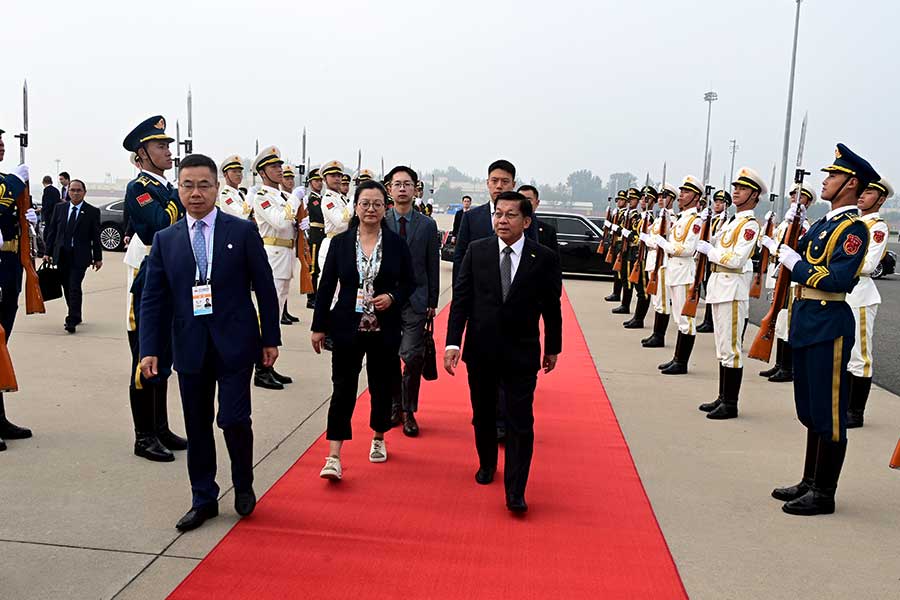
DMG Newsroom
6 September 2025, Yangon
Coup leader Senior General Min Aung Hlaing's meetings with Chinese President Xi Jinping, Indian Prime Minister Narendra Modi, and North Korean leader Kim Jong Un during his ongoing trip to China are being viewed by analysts as a dangerous form of international endorsement for Myanmar's illegitimate military regime.
Min Aung Hlaing attended the Shanghai Cooperation Organization (SCO Summit 2025 Plus) and the 80th anniversary of the Anti-Fascist War and World War II victory commemorations in China. He is currently touring Harbin and Chengdu, having arrived in China on August 31.
During this trip, he held separate talks with Modi and Xi, and also met Kim Jong Un. Political observers say these high-level meetings amount to political cover for the junta's planned elections, which are widely seen as an attempt to cement military control rather than restore democracy.
"Through these meetings, Min Aung Hlaing has effectively gained a level of international recognition. The junta has received formal backing from powerful allies. For the military clique, this opens the door to resources and legitimacy they desperately need," political analyst U Than Soe Naing told DMG.
He continued: "At a time when they are intensifying offensives against revolutionary forces and preparing for a sham election, this recognition strengthens Min Aung Hlaing's hand. It elevates him politically, even though his rule is based on violence and repression."
At the same time, Than Soe Naing warned that the support of neighboring powers could translate into more weapons, financing, and political protection that enable the junta to continue its destruction of Myanmar's towns, villages, and civilian lives.
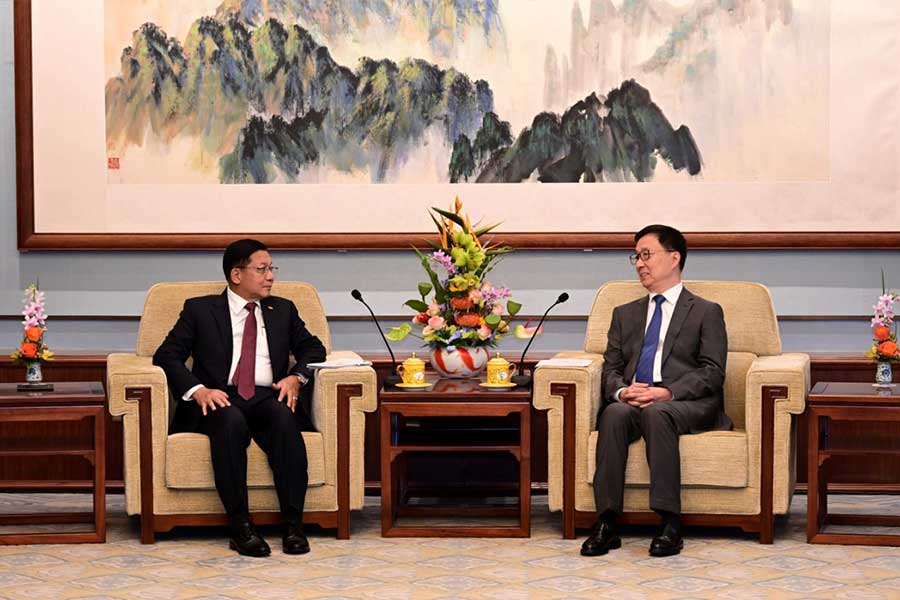
According to U Myo Kyaw, secretary of the Arakan League for Democracy (ALD), the junta's outreach to China, Russia, and other neighbors is a calculated attempt to change the balance of the revolution.
"The junta has now been in power for nearly five years. They've had time to assess the battlefield reality. Revolutionary forces, too, are testing how far they can push back. This is a transitional moment. The junta is trying to step onto the stage by exploiting openings in China's strategic game," he explained.
Despite four years of brutal repression, the junta has failed to bring down the Spring Revolution or establish stability. Yet neighboring countries are expanding ties with the regime for their own interests, effectively strengthening the generals' hand.
Analysts warn that if the junta manages to stage elections with support from China and India, the generals will attempt to dress themselves up as a legitimate, popularly elected government before the international community. This would be disastrous for Myanmar's pro-democracy movement.
"With such backing, if elections are held, the regime will try to claim recognition - especially at the UN - as a people-elected government. That would seriously undermine the revolution. The People's Defense Forces (PDFs) would suffer, and ethnic regions would inevitably face intensified repression," U Myo Kyaw said.
Junta spokesman General Zaw Min Tun, however, tried to portray the China trip as a triumph. He told MRTV that Min Aung Hlaing had secured three "major benefits": political recognition, international recognition, and China's pledge to recognize and assist with the junta's upcoming election.
Yet analysts stress that Beijing's engagement is driven by its own interests, not concern for Myanmar's people. China wants stability only to safeguard its economic projects and strategic corridors, and it may also exert pressure on the junta to guarantee those interests.
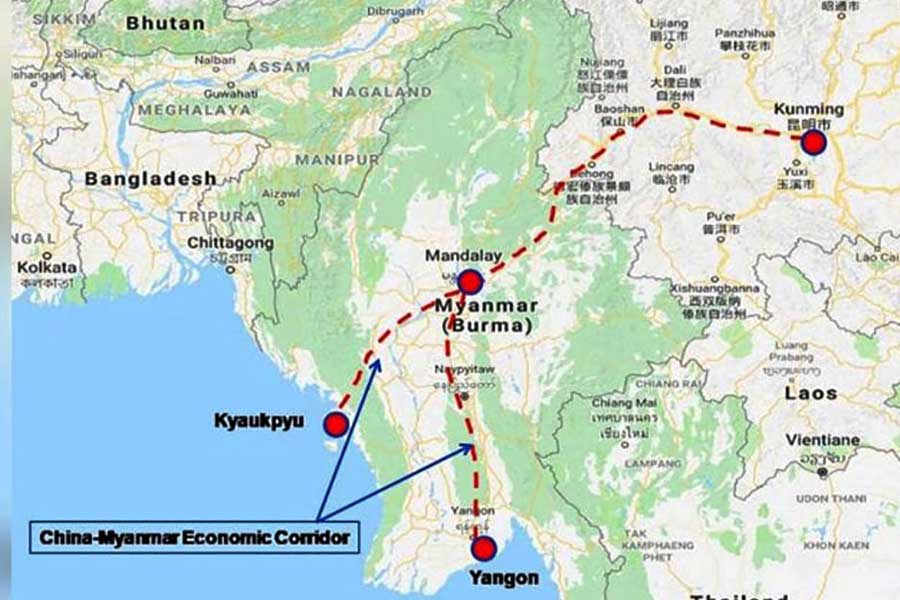
Critics note that China presents itself as a peace mediator in Myanmar while simultaneously underwriting the junta with investment in defense, resource extraction, and infrastructure projects.
On August 31, Min Aung Hlaing boasted at a China-Myanmar economic cooperation meeting about the progress of projects such as the Kunming-Kyaukphyu railway and the Kyaukphyu deep-sea port, both central to China's Belt and Road Initiative.
The Mandalay-Muse railway is designed to connect central Myanmar with China's Yunnan province, where a high-speed rail from Kunming is under construction. From Mandalay, the line is set to extend to Kyaukphyu, linking China's hinterland with Myanmar's Indian Ocean coast.
Observers note that the junta is pushing ahead with elections at all costs to gain international legitimacy. This China trip appears to have secured strong public backing from both China and India for that deeply flawed project.





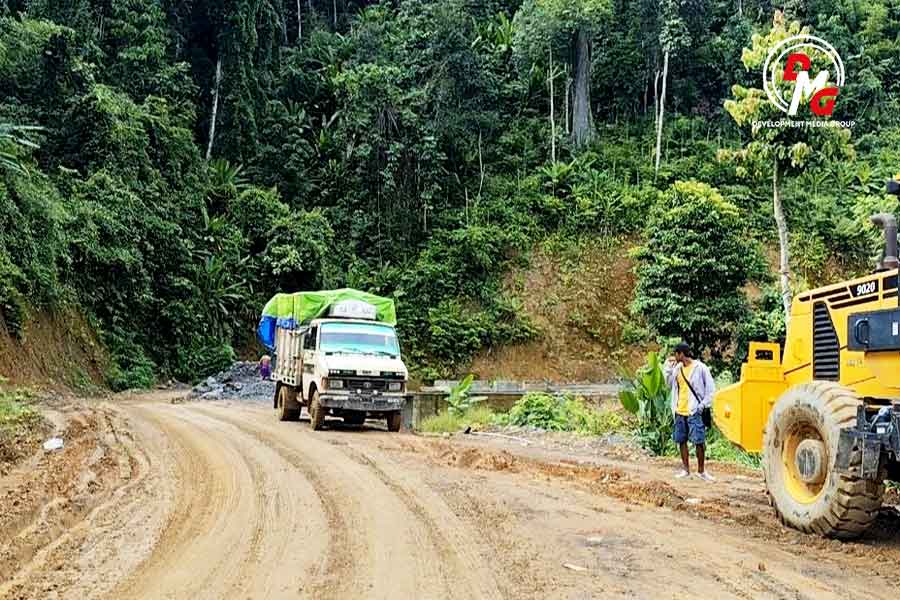
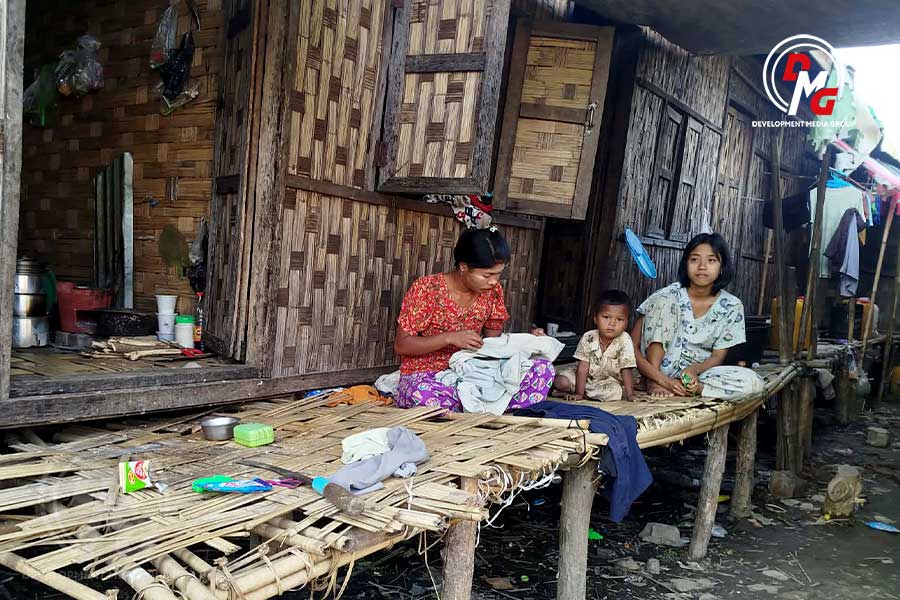
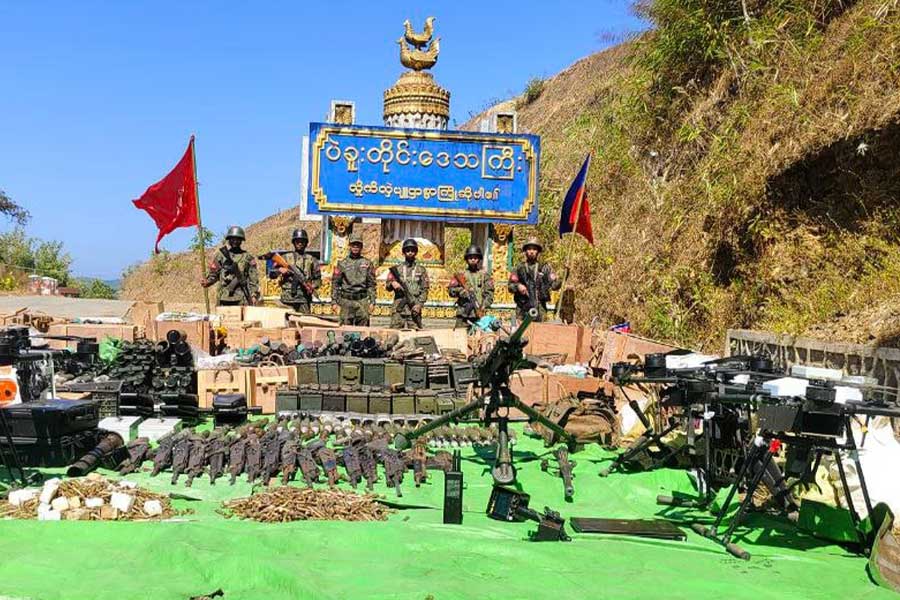
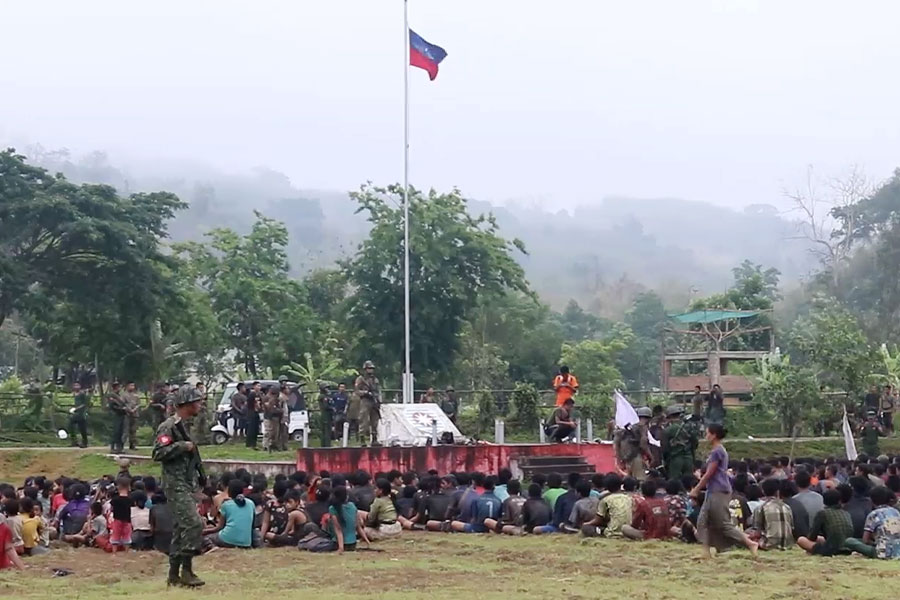







.jpg)
